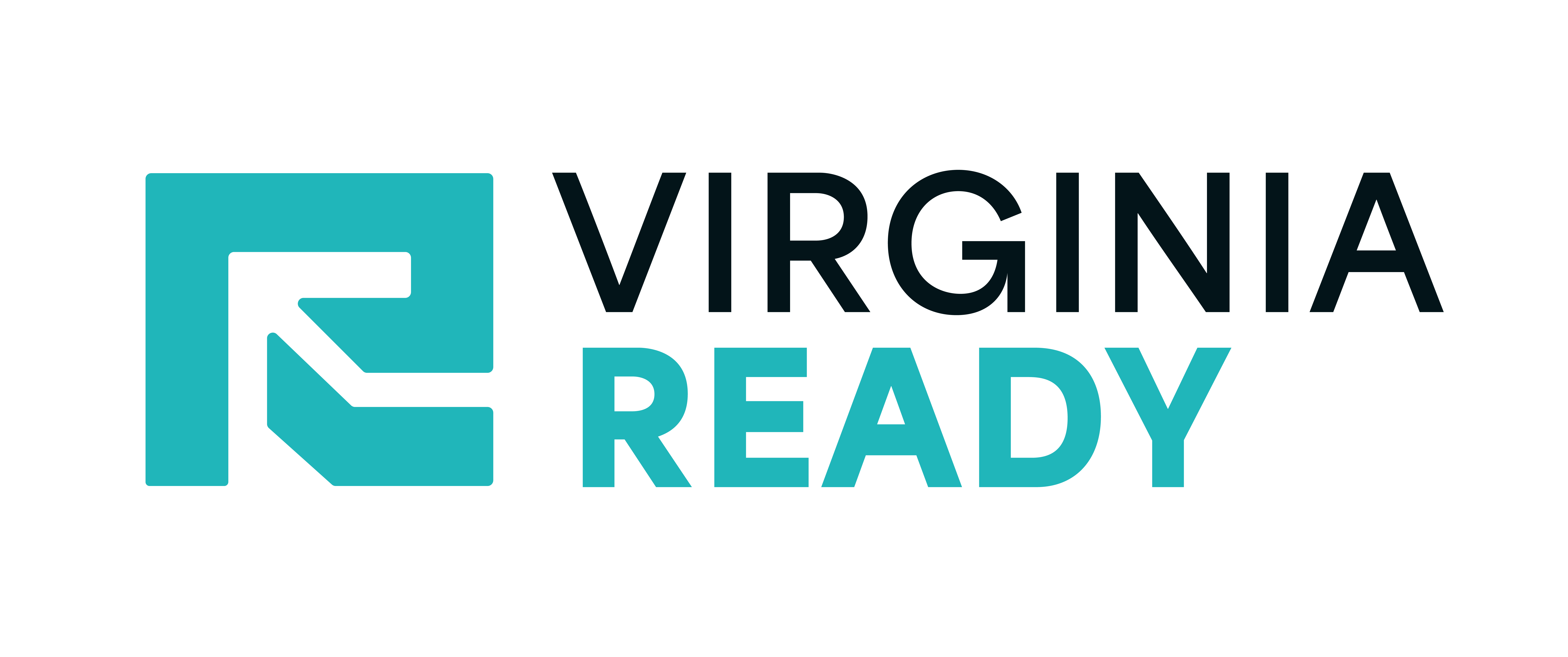
Five key takeaways from our second Talent Task Force forum:

We recently hosted our second forum in our Talent Task Force series, this time with a focus on reskilling Virginians for jobs in IT and cybersecurity. The panelists, which included Alex Hardisson from Ernst and Young, Suzanne Hucko from PricewaterhouseCoopers, and Melanie Stover from Northern Virginia Community College, discussed the market conditions for this critical industry, as well as what skill sets job seekers should focus on to be competitive applicants for these in-demand positions.
Over the course of two hours, our panelists highlighted all the opportunities and changes in their industry, along with trends and tips for future success. Below are a few key insights and takeaways from the forum:
The cybersecurity and technology sectors are overflowing with opportunities.
With many companies investing heavily in digital transformation, there’s been a concurrent rise in cyber phishing. Our experts interpret this as an indication that there is a need for greater cybersecurity, particularly with so many people working from home. As a result, tech skills, cybersecurity and IT security are the most in-demand skill sets, and the ones most lacking in the industry currently.
VA Ready offers a $1,000 Credential Achievement Award for people who achieve credentials available through the FastForward program in the Virginia Community College System. These include
Barriers to entry are already changing – to job seekers’ advantage.
At the same time, the barriers to employment are definitely changing as the industry moves away from a reliance on applicants that met a specific checklist of requirements. Instead, industry leaders have shifted their focus to the possibility of upskilling employees to meet current needs. When describing the ideal applicant for most entry-level positions, our panelists emphasized that a desire to keep learning on the job, plus the ability to think critically and problem solve, are among their core qualifications.
The economic fallout from the pandemic also caused many companies to refocus on the importance of inclusivity, and they have responded by casting a much wider net when recruiting and developing individuals and their talents. Many are more focused now than ever before on career pathways that support ongoing training and education, in order to help their employees succeed.
Early exposure to tech-focused education is critical.
No matter what department applicants want to work for, a foundational knowledge of IT is essential. Learning how to operate computers and other technologies need to be given as much importance in school as core competencies like reading, writing and math – beginning in elementary school. Early engagement and investing in the future through fluid and innovative approaches, such as the Girls Who Code initiative, will be key to us keeping up with demand.
Students need more hands-on experience.
Along the same lines, just learning about technology in the classroom is not enough. It needs to be supplemented by hands-on experience. One generation ago, two-thirds of individuals applying for work had actual work experience, but today that statistic has dropped to just one-third. Work-based learning will be a valuable resource for current students, particularly with the reinvention of the apprenticeship model to assist students trying to break into careers in tech. Internships are another important career preparation tool, but students need to be provided with these opportunities sooner than the end of high school or college.
Industry must communicate and coordinate with education providers.
Since success in technology and cybersecurity begins with education, the business community needs to work with education providers to help prepare students to meet industry needs. It is essential that communication between businesses in the tech industry and education providers be clear and continuous, in order to shape the curriculum accordingly and chart a clear path for future career success. The potential for collaboration to support STEM programs and internships that can provide first-hand professional experience will prove to be invaluable to the future of the industry.


Succeed in your Career. Become a Scholar.
Take the first step towards success in your career by becoming a Virginia Ready Scholar and gain access to valuable resources, training, and support to achieve your professional goals.


